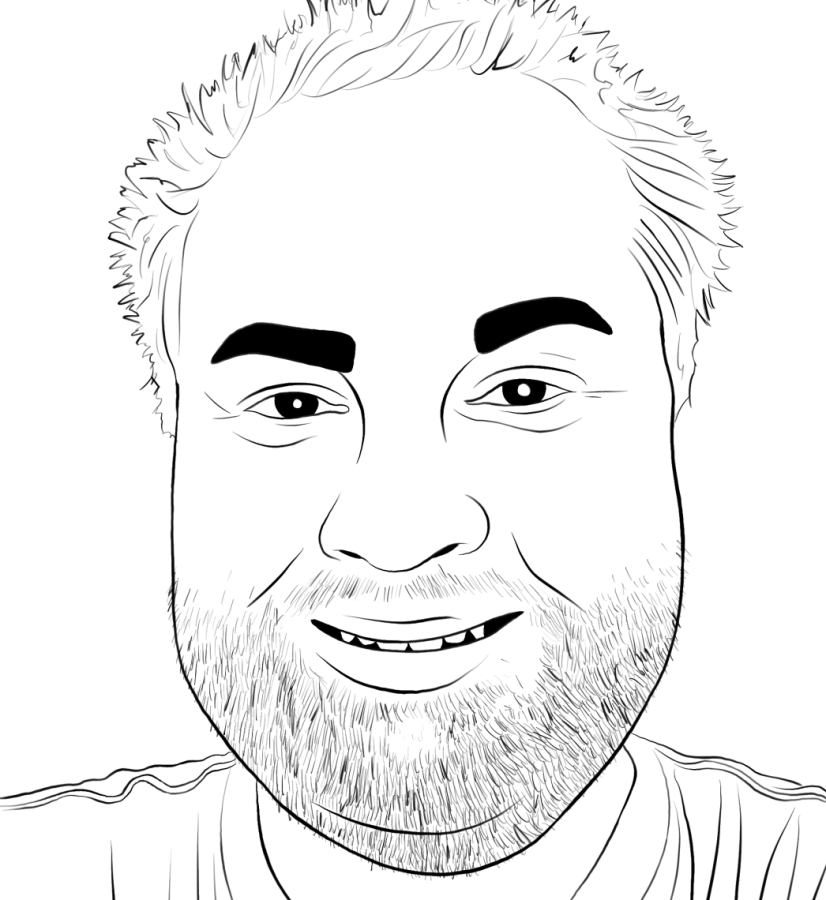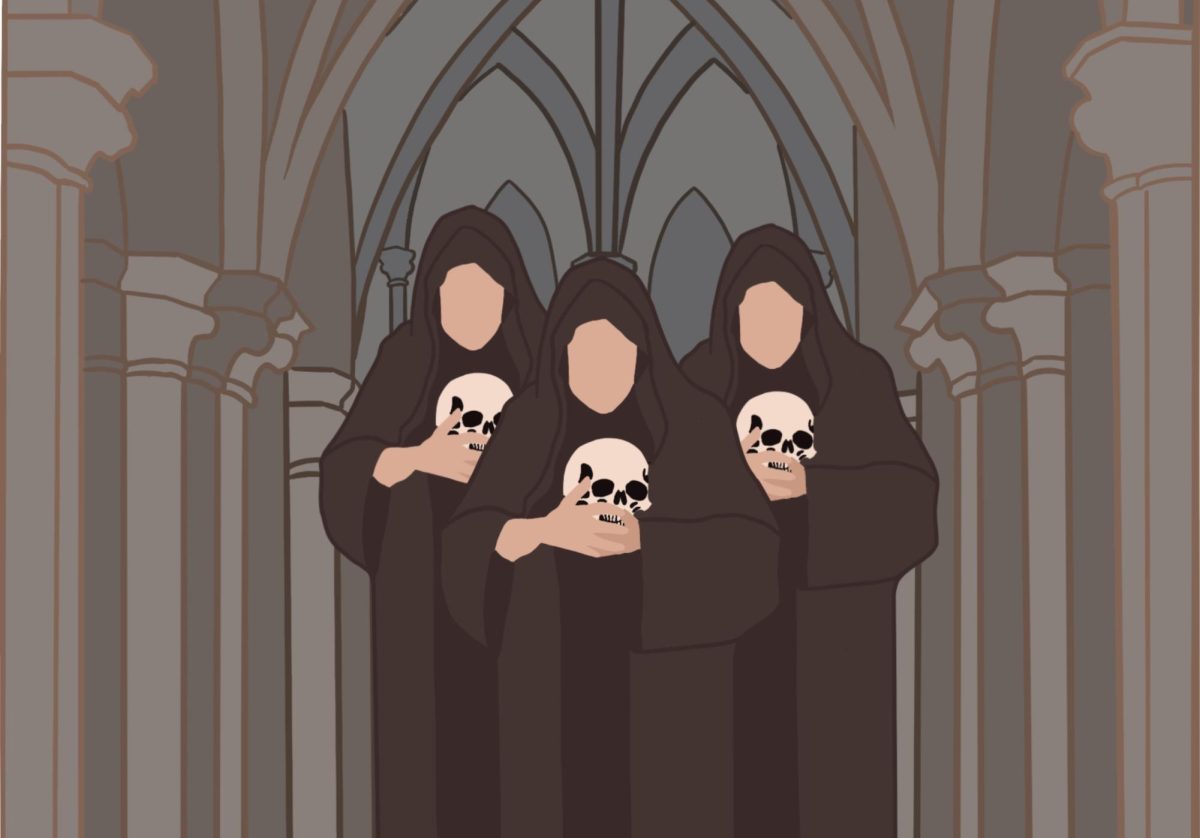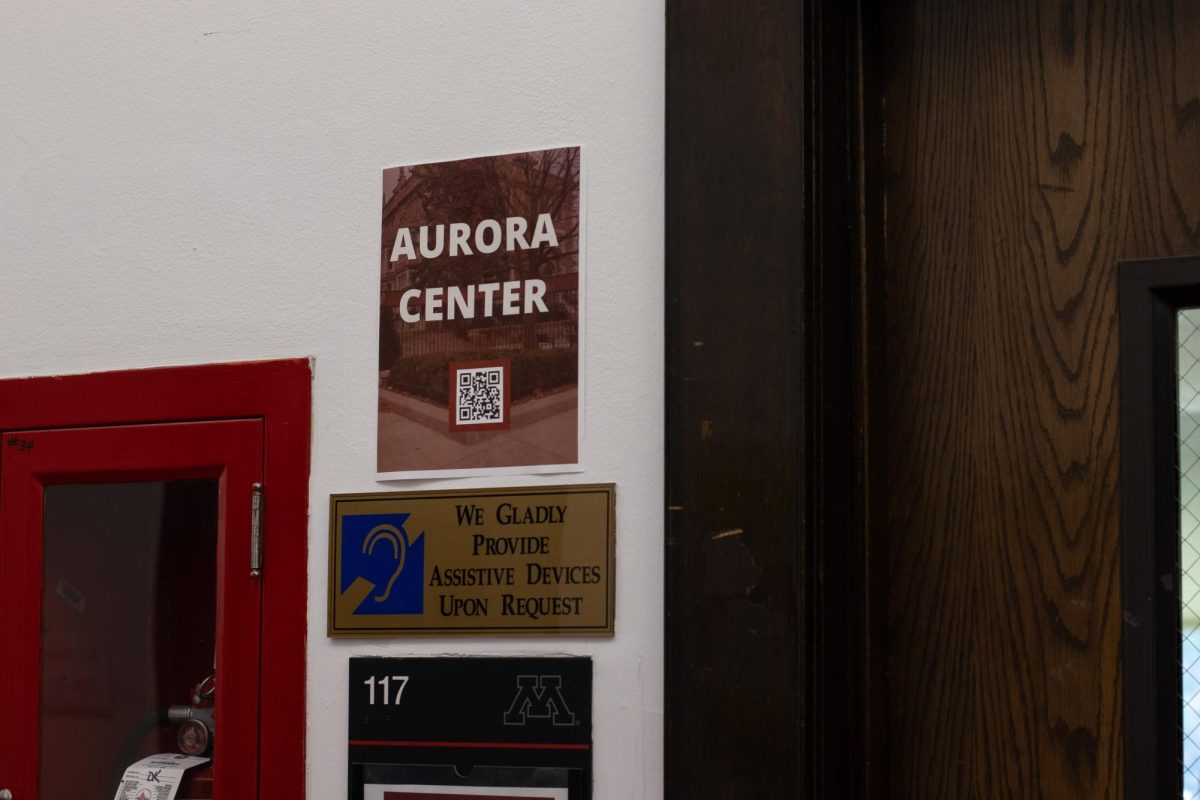An assailant entered a home in the San Francisco Bay Area on Oct. 28 and beat an elderly man with a hammer.
The victim was Paul Pelosi, Speaker of the House of Representatives Nancy Pelosi’s husband. The attacker, David DePape, shouted, “Where’s Nancy?” according to reports. He told police he saw Nancy as the “‘leader of the pack’ of lies told by the Democratic Party,” according to an affidavit.
But not everyone believed politics played a role in the attack. The comedian and political commentator Jimmy Dore posted a video on Nov. 1 to his 1.1 million YouTube subscribers. Dore questioned in the video whether DePape actually held right-wing beliefs. Dore cited a tweet from climate change Pollyanna and failed gubernatorial candidate Michael Shellenberger, who said DePape’s politics were left-wing “until recently.” Upon learning DePape sold hemp jewelry, Dore declared DePape “sounds like a crazy right-wing hippie” and scoffed. Dore also pointed out that DePape’s house had a pride flag outside.
But we don’t have to speculate about DePape’s views based on his hemp jewelry business or flags outside his house. DePape had a blog. On this blog, he displayed signs of delusional thinking. This included thinking an invisible fairy had attacked someone. It also included a wide variety of far-right conspiracy theories as well as bigotry against Jewish and transgender people. He referred to feminists as “feminazis,” according to a coworker. He also made a post questioning the reality of the Holocaust. On Facebook, DePape linked to anti-vaccine websites and claimed the 2020 election was stolen.
DePape’s journey from far left to far right is his own individual story, shaped by his life experiences and likely mental illness. But he is not alone in adopting fringe ideas from various parts of the political spectrum.
British sociologist Colin Campbell identified in 1972 something he called the “cultic milieu.” By “cult,” Campbell did not necessarily mean oppressive or dangerous groups. Instead, he meant any group that deviates from the dominant culture. This “milieu,” then, includes any kind of deviant idea, such as fringe religions or alternative medicine. It also includes their “associated practices” as well as the groups, people, institutions and modes of communication associated with them. Because all of these ideas share a common anti-mainstream orientation, Campbell argued, their adherents tend to be receptive to one another’s beliefs. Campbell claimed that this milieu is syncretic: it combines ideas from many disparate sources.
In recent years, Campbell has questioned whether this concept still has any relevance, given the increasing difficulty of separating the mainstream from the fringe. But, many other scholars have gotten good use from it, and I think it’s quite relevant.
Al Jones is part of the Q Origins Project, a group that studies QAnon. He spoke to the Daily using a pseudonym to avoid harassment from QAnon followers.
He explained the phenomenon of “crank magnetism,” when someone starts with just one fringe belief — for instance, that COVID-19 vaccines do not work. But, if the authorities are lying about that, what else could they be hiding? Gradually, they start subscribing to more and more wacky ideas.
“You’re going to need a narrative to explain why these very good ideas are being rejected,” Jones said. “Once you’re in that lifestyle, and once you’re deeply emotionally committed to that logic, it blooms.”
W.F. Thomas is a freelance researcher who studies extremism. At the beginning of the pandemic, he was living in Germany and caught COVID-19. He could not stay with his host family, so he rented a place to self-isolate. The owner was trying to talk to Thomas, so he told him not to come close so as not to catch the virus.
According to Thomas, “he said to me, in German, ‘Oh, if you’ve heard of the deep state, they’re making it seem more bad than it is.’”
The owner said “deep state” in English.
COVID-19 conspiracy theorists, Thomas said, made strange bedfellows. “These are a bunch of old hippies — people who are interested in natural health — that kind of pseudoscience health stuff. Why are they out marching with hardcore Neo-Nazis?”
John Bodner is a folklorist at Memorial University in Canada. He said part of what has driven disparate fringe groups together is a shared opposition to COVID-19 safety measures.
“Because of the pandemic, and because they shared an anti-lockdown aesthetic with all these other groups across the country, that was enough of a middle ground for everybody to stand on,” he said.
“I think it’s the whole anti-vax movement where you probably saw the closest connections in recent years,” David Voas, a social scientist at University College London, said.
Yet, those are the people who define themselves as against the mainstream. But, what happens when the mainstream gets things wrong? For instance, WMDs in Iraq, playing down COVID-19 or classifying homosexuality as a mental illness.
According to Northwestern sociologist Gary Alan Fine, conspiracy theories emerge when people “have an idea of who is operating in their own self-interest and are doing so in a way that it is difficult to discover them.”
Annie Kelly is an academic and journalist who studies conspiracy theories.
“Personally, I know I’ve fallen for stuff that I’ve read online which looks legitimate,” she said. “And it’s also pretty damning about someone I don’t really like anyway.”
Kelly said she’s not alone — and I know that’s happened to me as well. We’re all vulnerable to “those little instinctive moves towards information that both makes us feel better about ourselves and makes our opponents … look much worse,” she said.
In addition to looking at the facts, Kelly said we should also be mindful of why a narrative appeals to us.
“It’s also about listening to yourself and listening to why something appeals to you,” she said. “Try and maintain that slightly skeptical approach to your own feelings while you read it.”
Kelly also argued that mainstream institutions need to be able to prove they’re trustworthy.
“There also does need to be better processes, essentially, that means that when an institution loses that public trust, there is accountability,” she said.
Do not assume that seemingly disparate ideas are actually incompatible. Always pay attention to what you are reading lest you fall into irrational beliefs. Finally, and perhaps most importantly, hold institutions accountable when they screw up.















lostoncampus
Nov 30, 2022 at 11:12 am
“one fringe belief — for instance, that COVID-19 vaccines do not work.”
Sorry, but facts indicate- it doesnt work at all to;
Stop the spread
stop you from getting it.
AKA- it doesnt work as advertised (lied to)
it is also NOT a vaccine, by definition (if they havent changed the meaning of another word yet – like Inflation)